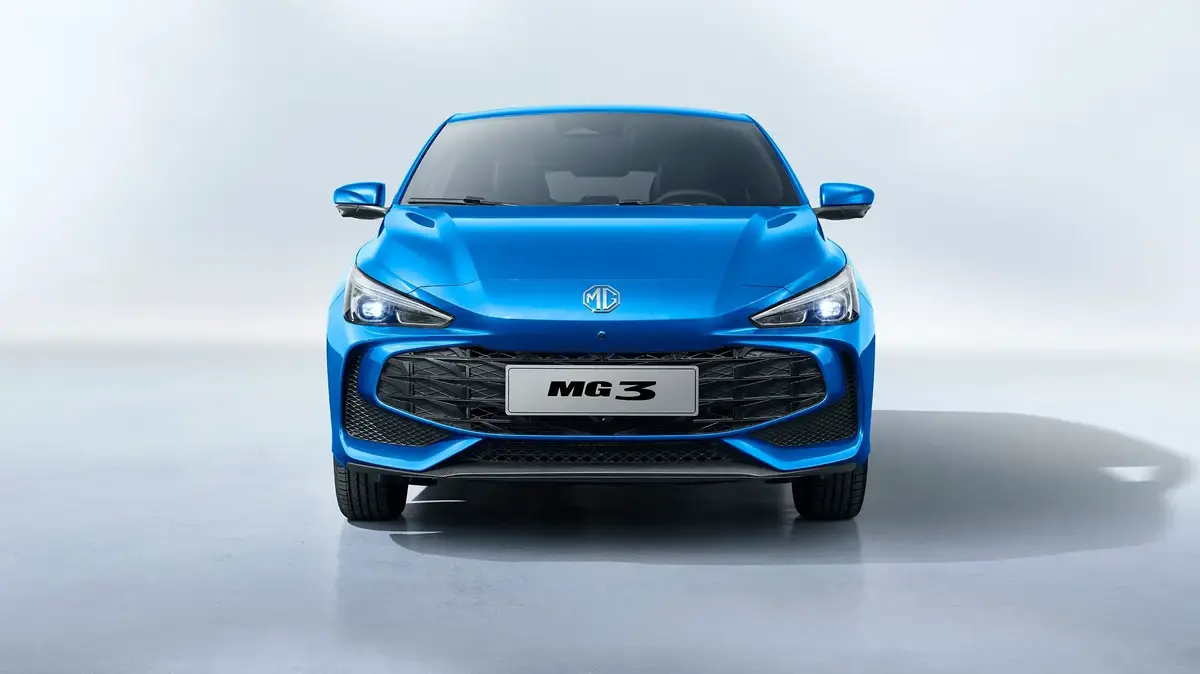Scotsman Bremner saves the ball over the line in the '68 game against England at Hampden Park.PA Images / PA Images via Getty Images
Now that we talk so much about how many spectators attend the Eurocup matches, I remember the one that set an unbeatable record in this regard: Scotland-England on February 24, 1968. It corresponded to the third edition, the first to which the British signed up. , and in Spain we saw him live on television because our rival was going to come out of him in the second round.
Glasgow's old Hampden Park drew 134,000 spectators.
More information
Euro 64 started without any Basques
Ventures and misadventures of our first Eurocup
The British had refused in the first two editions to enter the Eurocup (then we called it the Nations Cup) because they had their own tournament, the
British Home Championship
. It dated from the 1883-84 season, no less, and died at the turn of the century, devastated by the increasing reload of the international calendar. Just what they feared would end up happening.
They went to the third edition because UEFA accepted that the British championship would serve as one more group of the previous phase from which a qualified for the round of 16 came out. The
British Home
was played in a single round, as is still the Six Nations of rugby. Two editions were used to make it into a full league, 1967 and 1968. Favorites were always England and Scotland. Wales and Northern Ireland rarely managed to win it.
England and Scotland met at Wembley, on April 14, 1967, and the Scots, who had a great team (that year Celtic would win the European Cup, and they also had Denis Law, from Manchester United, Golden Ball of 1964) scored a spectacular victory, 2-3.
The echo was tremendous, because England had won the 1966 World Cup. After beating them at Wembley and winning the
British Home
, they felt like world champions.
But that did not give them entry into the Eurocup.
We had to wait for the
next
British Home
, the one in 1968, and add the points of the two.
Things were complicated for the Scots with a rare defeat in Belfast, so when they hosted England on February 24, 1968, they had to win.
A draw was worth England to have the square.
Law, left, scores in the 1967 England-Scotland match at Wembley.
Spain, for its part, had miraculously emerged from a group with Czechoslovakia, the Republic of Ireland and Turkey.
The coach, Balmanya, continually altered the team, but always playing with such caution that it was known as
the Selection of Fear
.
We were already eliminated, Balmanya, had resigned and signed as technical secretary for Barça, when in the closing group Czechoslovakia fell incredibly in Prague against the Irish, by 1-2.
That qualified us on the rebound and the draw paired us with the winner of the British group.
So everyone to watch it on TV.
The game was lived with a tremendous atmosphere, to which not a little contributed that the English had already started talking about dates with Spain and that a journalist from London took a portrait for his newspaper with a helmet on arrival in Scotland, recommending to all the English who will travel to be provided with one.
Scotland was caught without their top three players: midfielder Jim Baxter, Celtic's tiny red-haired winger Jimmy Johnstone and the celebrated Dennis Law.
The first and last played in England and the Scottish fan took it for granted that their clubs had not let them travel on the grounds of minor injuries.
Hampden Park was packed with 134,000 spectators and an abundance of police dogs, which was impressive here.
In that immense boiler there was little game and a lot of firewood.
England took the lead, Scotland drew and the final 1-1 followed an epilogue with 30 wounded and numerous arrests.
The riots at the station for shipment back to England were tremendous.
More information
"The fascists get us to finally lose against Portugal"
The failed attempt of a European NBA
So England-Spain, back and forth.
A few eighths of a thunderbolt, because they were the current champions of the world and Europe.
Only that England had eight starters from their champion team, and Spain only two, Zoco and Amancio.
But there we lost by one goal, and very late.
That gave faith.
And it happened that between the round trip Massiel won Eurovision with
La-la-la
, causing enormous national euphoria.
As he had won it in London and beating Englishman Cliff Richards by one point, it was a kick for the second leg.
The day before the eleven headlines were photographed in the Berzosa pine forest with the official tracksuit, arranged in an orderly fashion, as in the pre-match photos, with a banner that read: “With our fury and courage / we have to win / because we embroider football / and also the
La-la-la
”.
We arrived with euphoria at the Bernabéu.
Balmanya lined up six madridistas to contribute to this.
The
La-la-la
thundered in the first few minutes.
But as Bobby Charlton's men got hold of the ball, less was heard.
When our center-back, Gallego, was injured and had to take the lead, all optimism disappeared.
England won 1-2 and that's where our third European Championship ended.
You can follow EL PAÍS DEPORTES on
and
, or sign up here to receive
our weekly newsletter
.







